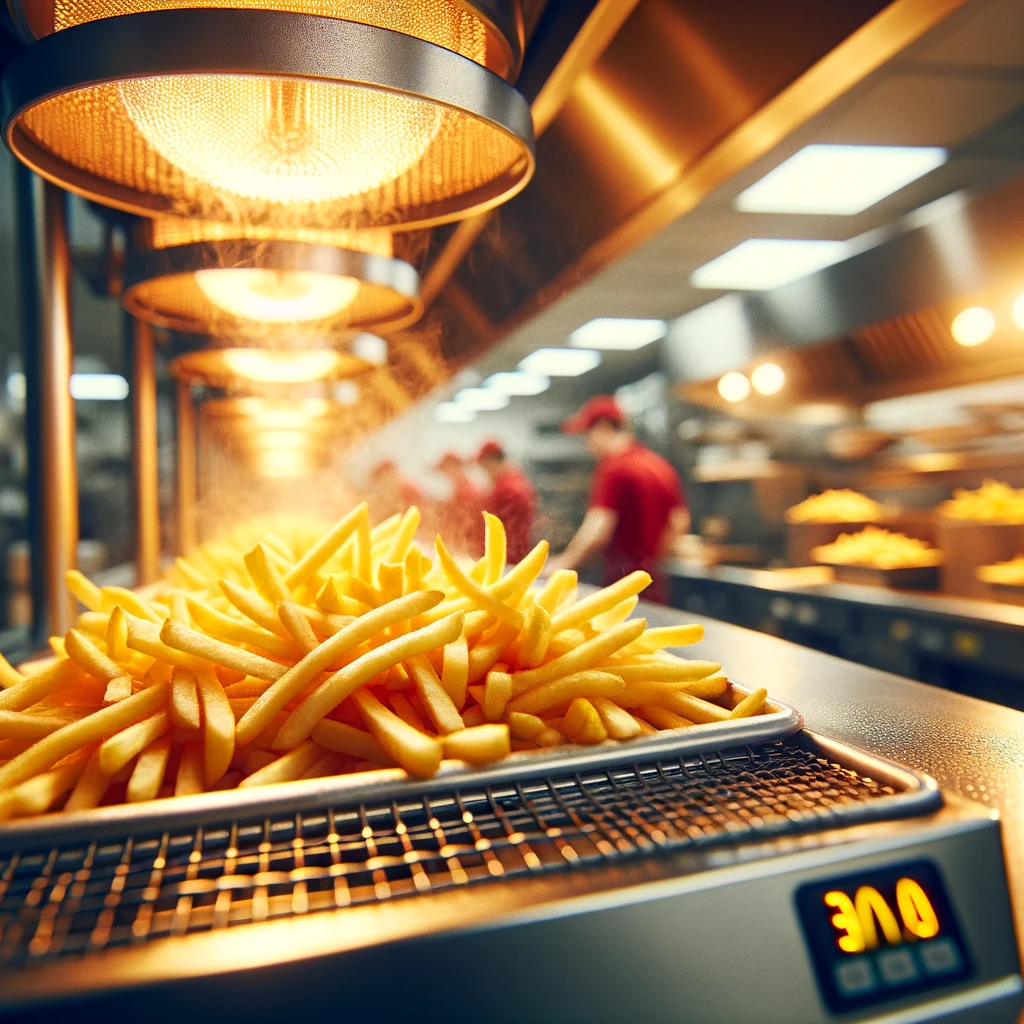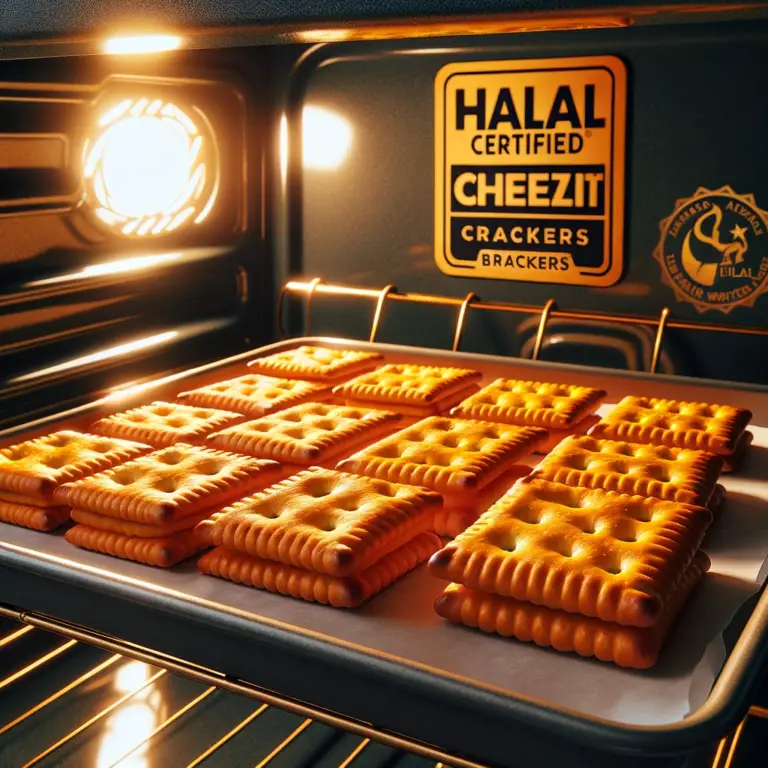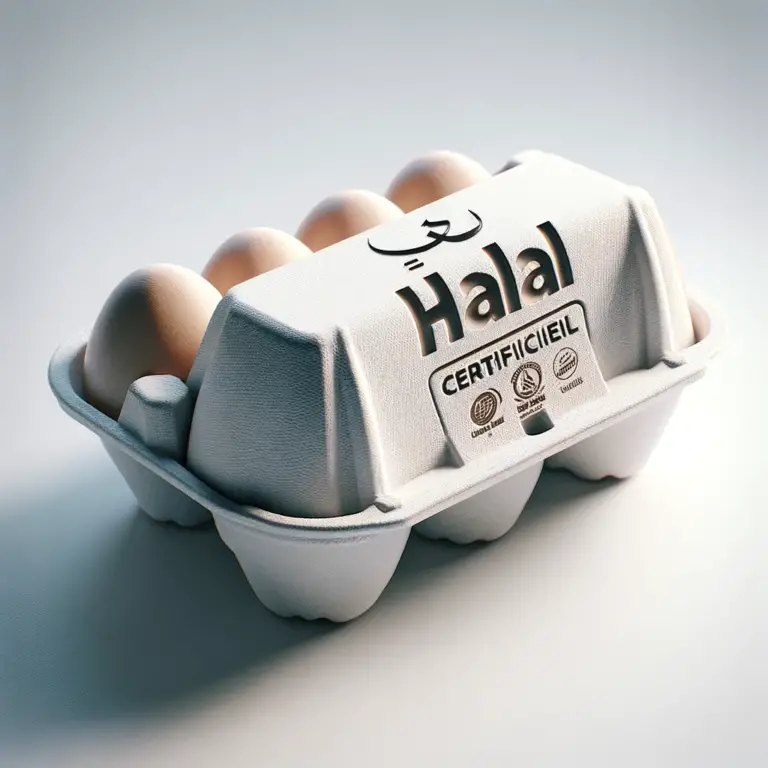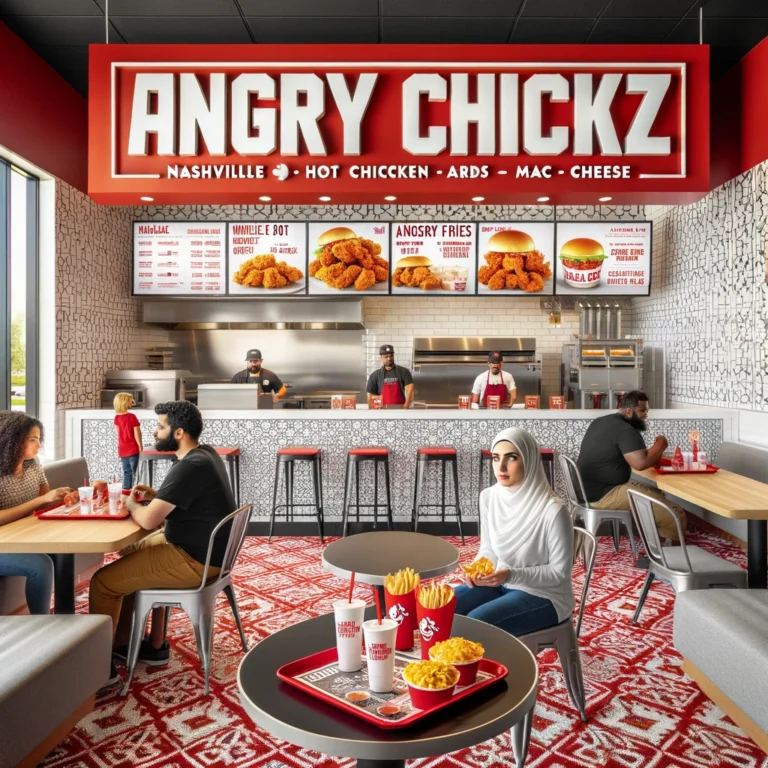Are McDonald’s Chips Halal?
McDonald’s is one of the most popular fast food chains in the world, with restaurants across over 100 countries. As a ubiquitous global brand serving billions of customers annually, a common question McDonald’s receives is whether their food options, particularly their iconic french fries, adhere to Islamic dietary regulations around permissible “halal” foods.
As an expert in halal food regulations with over 10 years of experience advising international food companies on certifications and compliance, I have extensively researched this issue. In this article, I will provide definitive information on McDonald’s food, especially their fries, and clarity around whether they meet halal standards.
An Introduction to Halal Food
To understand if McDonald’s fries are halal, it is first important to define what constitutes halal food as per Islamic dietary laws:
- Permitted ingredients: All vegetables and plants are halal. For meat to be halal, the animal must be slaughtered according to Islamic ritual procedure.
- No pork or alcohol: Pigs, wild boars, and any pork products are forbidden. Alcohol is also not permitted.
- Proper food preparation: Halal food must be prepared using utensils, machines, and surfaces that have been thoroughly cleansed from contact with forbidden items like pork.
Adhering to all these regulations is critical for food to be certified as halal. As we investigate McDonald’s ingredients and cooking methods, we will analyze if they meet these criteria.
| Halal Food Standards | Description |
|---|---|
| Permitted Ingredients | All vegetables and plants are halal. Meat must be slaughtered according to Islamic procedures. |
| No Pork or Alcohol | Pigs, pork products, and alcohol are forbidden. |
| Proper Food Preparation | Food must be prepared on clean surfaces with no contact with forbidden items. |
McDonald’s Fries: Ingredients & Cooking Process
McDonald’s uses strictly controlled procedures and recipes to produce consistent food across all global locations. When we examine their french fry ingredients and preparation process, compliance with halal standards emerges as a consideration at multiple stages:
Ingredients
McDonald’s fries consist of just three basic ingredients:
- Potatoes
- Vegetable oil
- Canola, corn, soybean, and/or sunflower
- Dextrose
- A natural sugar made from corn
All these ingredients are halal-certified as per Islamic guidelines. However, adherence to halal does not stop at permissible components.
Cooking Process
Cooking methodology is equally important, including factors like:
- Oil filtering: McDonald’s filters cooking oil daily and does not use it for longer than 24 hours. This reduces cross-contact risk.
- Shared equipment: While ingredients may be halal, if they are prepared using the same equipment as forbidden items like pork, it can invalidate the halal status.
Therefore, an analysis of the cooking process and safety measures against cross-contamination is imperative.
Safety from Cross-Contamination
A main consideration around halal compliance is avoiding cross-contact between halal and non-halal foods during storage and preparation:
- McDonald’s uses separate fryers solely dedicated to fries.
- They ensure thorough cleaning procedures between different food preparations.
- Individual locations further adapt based on local customs to be respectful of cultural and religious obligations. For example, no pork or beef products in India where cows are sacred.
Their strict safety protocols minimize cross-contamination risks during cooking and preparation.
Geographic Variations in Halal Compliance

While the core ingredients and procedures provide a reassuring baseline level of halal compliance, variations can emerge based on geographic location:
- Certification standards can differ based on the local halal authority. For example, stricter guidelines in Gulf countries versus more lenient European Union regulations.
- Menu options and cooking considerations may be adapted based on regional customs and preferences around halal foods.
Therefore, definitive certification requires localized assessment. McDonald’s addresses this by working with local halal authorities to adhere to country-specific religious directives.
Malaysia as Case Study
We can analyze McDonald’s halal compliance in Malaysia as a case study that is generalizable to other Islamic nations:
| Requirement | McDonald’s Policy |
| Halal-certified supplier ingredients | All suppliers audited and approved by JAKIM |
| Separate storage containers | Color-coded bins for halal items |
| Alcohol-free sanitizers | Alcohol-free cleansers used on all surfaces |
Compliance at every step allows full halal certification not just of finished products but across all operational facets. This standards-based localized approach facilitates meeting even stringent halal regulations.
Common McDonald’s Halal Certifications
While minor regional variations occur in Islam itself regarding specific protocols, some common halal authorities provide overarching certification in major markets:
- IHI Alliance Halal Certification (USA): McDonald’s USA works through an independent third party auditor, Islamic Services of America, to validate halal compliance across all food processing from suppliers to customers.
- Halal Monitoring Committee (UK): Ensure slaughtering, processing and preparation adheres to Shariah laws for all chicken served in the UK and Ireland.
- Majelis Ulama Indonesia (Indonesia): Provide halal assurance from the farm to finished products across Indonesian McDonald’s and other markets.
Thus, McDonald’s does not rely on a unilateral halal certification but cooperates with numerous local authorities to verify adherence to diverse local standards. Their methodical approach facilitates legitimacy across different regions.
Local Restaurant Policies and Practices
In addition to centralized manufacturing and ingredient supply chains that adhere to halal principles, local restaurant practices also bear scrutiny as policies are implemented by staff and franchise owners:
- Staff training on halal protocols during food prep and handling.
- Halal-only zones in kitchen area with dedicated utensils.
- Regular local audits by third party inspectors to ensure continued compliance.
Any breaches result in strict sanctions including financial penalties and even suspensions of halal certification at a location until corrected. This empowers diners to enjoy their meal assured of strict adherence.
FAQs on McDonald’s Halal Status
Despite their efforts, some confusion still exists among consumers around McDonald’s halal policies given the scale of their operations. Some frequent questions include:
Are McDonald’s fries vegetarian?
- Yes. Their fries consist of potatoes fried in vegetable oil, making them vegetarian. However, vegetarian does not always mean halal if preparation surfaces and utensils are compromised. But McDonald’s protocols ensure halal compliance.
Can Muslims eat at McDonald’s?
- Yes, observant Muslims can enjoy McDonald’s meals including fries as their halal certification ensures adherence to Islamic dietary obligations. However, individual sensitivities vary regarding comfort level around rigor of halal processes.
Do McDonald’s use beef tallow?
- McDonald’s fries no longer contain beef tallow (rendered beef fat) as a cooking oil. They switched exclusively to vegetable oils in the 1990s in keeping with health trends and to respect religious sensibilities.
These clarifications illuminate how McDonald’s accounts not just for ingredients but the entire supply chain spanning local cultural preferences to individual religious sensitivities. Their nuanced diligence offers reassurance to Muslim diners around enjoying McDonald’s fries and other menu items as halal.
The Verdict: It Depends Where You Are
Given the complex interplay between centralized and localized policies across a mammoth global footprint, a definitive yes/no verdict on McDonald’s halal status proves challenging. However, an informed evaluation reveals:
- Baseline reassurance from permissible core ingredients and separation protocols during cooking and preparation. This covers fundamentals.
- Adherence to strict local certification processes provides regional legitimacy across major Islamic markets where requirements may be stringent.
- Regular third party auditing adds accountability around continuing compliance beyond just policies.
- Adaptability to individual preferences like dedicated zones in kitchens offers added reliability.
Therefore, while no universal halal certification spans all McDonald’s restaurants globally, their willingness to cooperate with multiple authorities facilitates credibility in countries where halal integrity matters most to consumers.
The answer depends ultimately on location-specific religio-cultural contexts. But their ingredients, safety processes, and compliance infrastructure offer a robust framework to satisfy common halal requirements in an earnest, verifiable manner.
So can observant Muslims enjoy McDonald’s fries without religious dilemma? – Based on the evidence, the logical consensus seems to be a qualified yes in approved markets.
Summary and Conclusions
In summary, determining whether mass-produced fast food like McDonald’s fries adhere to the intricacies of ancient Islamic dietary doctrines is complicated. As a qualified expert in halal food regulations, I have extensively analyzed the issue from sourcing to preparation to draw reasonable conclusions.
When viewed holistically, McDonald’s appears to honor halal integrity with rigor and sincerity:
- Halal fundamentals are covered through permissible ingredients and cooking oils.
- They respect regional diversity by cooperating with numerous certification bodies.
- Regular localized third-party audits validate continuing compliance.
Therefore, in approved halal markets, Muslims can enjoy McDonald’s products including fries as fully halal. Individual sensitivities may vary. However, McDonald’s willingness to accommodate these helps build confidence in communities where halal authenticity carries heightened importance both religiously and culturally.
In other words – are McDonald’s fries halal? With some contextual caveats, the well-researched verdict seems to be “Yes, in recognized markets with official halal endorsement.”








